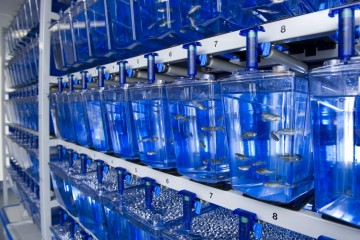Project grant
The detection, assessment and alleviation of pain in laboratory zebrafish

At a glance
Completed
Award date
November 2012 - April 2016
Grant amount
£445,398
Principal investigator
Dr Lynne Sneddon
Co-investigator(s)
Institute
University of Liverpool
R
- Refinement
Read the abstract
View the grant profile on GtR
